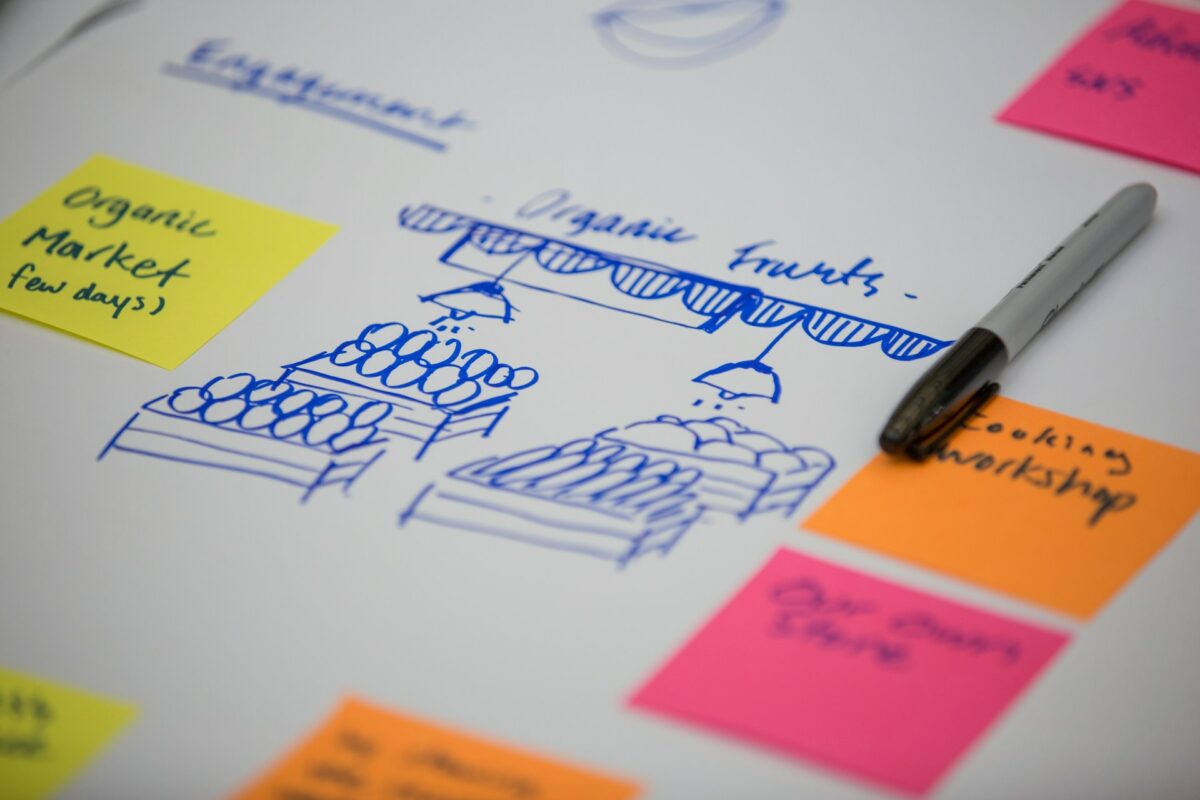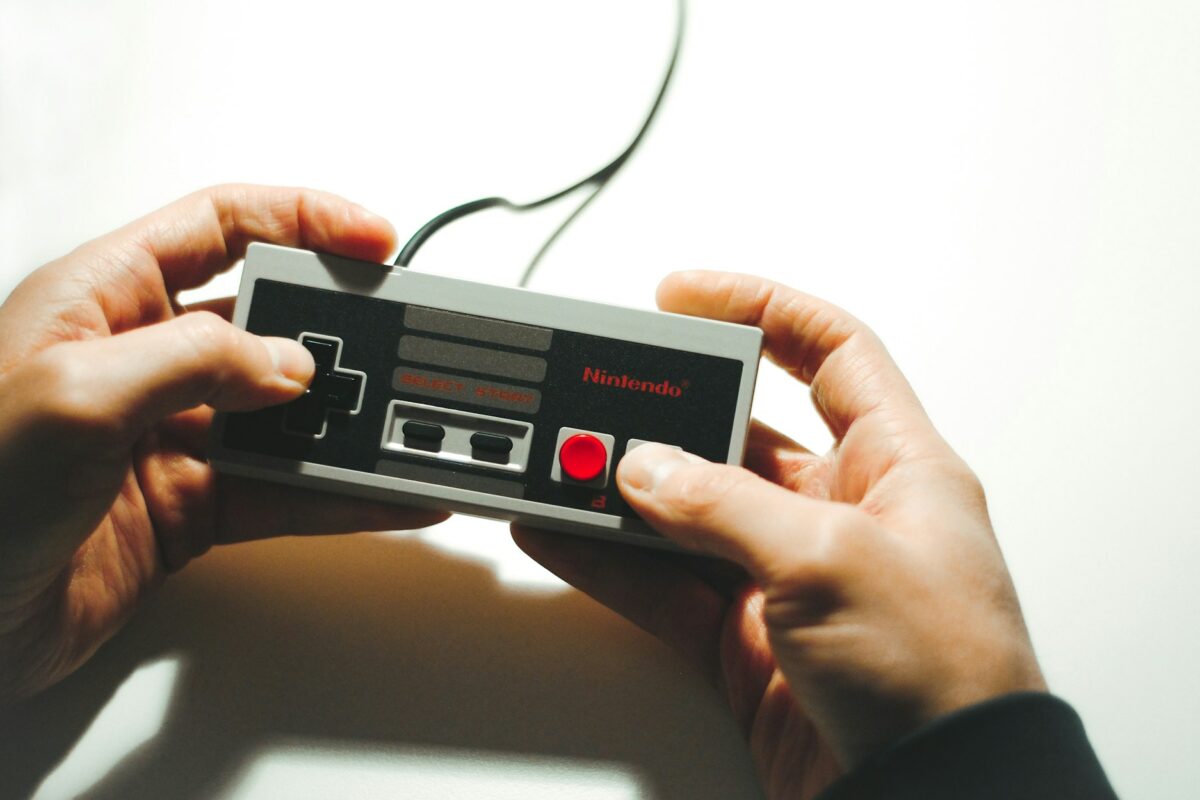Is brand trust in a crisis? Brand trust is earned through consistently delivering on the brand’s promise. Brand trust is the only way you can build loyal brand advocates. But the global trend is working in the opposite direction. Young & Rubicam BrandAsset Valuator reveals that consumers trust in renowned brands continues to slide.
In 1997, consumers indicated that they had a high level of confidence in 52% of brands. By 2008 that percentage dropped to 22%. The Edelman Trust Barometer confirms the same trend with their annual survey. In 2015, for the first time since the end of the Great Recession of 2007-08, their survey signaled a major decline in trust with 16 of 27 countries dropping below their acceptable 50% level into the “distruster” category. For example, Canada went from a 62% trust level in 2014 to 47% in 2015. A drop of 15%! What’s going on?
In the climate of austerity are we starting to see brands cutting corners or blatantly deceiving consumers to protect their bottom line. Since 2007-08 the world economy hasn’t been the same and the recent financial instability in China will continue to put pressure on brands to perform.
Profits vs Brand Equity
Professor Klaus Schwab, founder and chairman of the World Economic Forum, explains that “There are four prerequisites of a company’s survival; profitability, growth, risk protection and earning public trust.” While we may expect people to sometimes lie, like athletes, actors and most certainly politicians, we don’t expect brands to lie. Why would global companies risk their brand equity by outright lying to their customers?
Volkswagen, the world’s largest carmaker (past tense) did exactly that when they lied about their emissions tests through cheating software. Why would a mega brand risk its reputation? Profits seems to be the ultimate goal. Jointly German car manufactures, actively promoted to Americans that diesel was the future to meet tougher US emission standards. The only way VW was able to compete and live up to the promise was to lie. The arrogance that they thought they wouldn’t get caught is scary, especially since they publicly promised to be the ‘greenest’ car producer in the world by 2018. The lie allowed VW to claim their diesel engine was superior – selling over 12.6 million of them. The fact that buyers used to pay a $2,700 premium over gasoline engines for VW diesels meant an additional $34 billion in VW’s bank account. But the real problem was the fact that their engines emitted nitrogen oxide pollutants up to 40 times above US standards. Environmental damage that can’t be fixed.
Alan Hilburg and Tracey Linnell say distrust is very expensive. “Low-trust brands pay a ‘trust tax’ in multiple forms, including higher transaction costs and unwanted legislation. The broader and faster the low-trust reality spreads, the deeper the effect of the higher tax.”
In a CNN Money report, the financial service holding company Credit Suisse estimated the cost of the VW diesel emissions scandal could exceed $86 billion. About the same GDP value as a country like Ecuador. Volkswagen is facing a very big trust-tax notwithstanding that they are trying to attract customers today through deep discounts.
Recently, another scandal was released by CBC Marketplace revealing that Starbucks and Tim Hortons are misleading their customers. They claim the paper cups collected in their in-store recycling bins are being recycled but are actually going into landfills. It seems these paper cups have a plastic lining that requires an additional step in the recycling process, which costs money. So why would two big brands like Starbucks and Tim Hortons mislead their customers to think that they are being environmentally responsible?
What’s the impact of a paper cup? CBC estimates that Canadians use over 1.5 billion disposable coffee cups in a year which is equivalent to more than half a million trees. The environmental impact is significant. I don’t know what the cost of recycling a coffee cup is but it is obviously worth more than the truth. But we will have to see if consumers make them pay.
Who Makes The Decision To Lie
There is an apparent financial gain that can be significant over time. But who analyzes the brand risk? In an Intangible Asset Market study by Ocean Tomo, they state that in 1975 intangible assets were just 17% of the market value of the S&P 500. Today, intangible assets are 84% of the market value of the S&P 500. What are intangible assets you ask? They are intellectual property (patents, trademarks etc.), goodwill and brand equity. Most of which is built on a foundation of trust.
Here are four factors that may be driving some brands to disregard consumer trust as a license to operate:
1. Brand Proliferation
Every day we are seeing new brands entering into the marketplace. The explosion of new brands, globalization and intense competition are major problems for brands. According to a Datamonitor report, 58,375 new products were introduced worldwide in 2006, more than double the number from 2002. The reality is consumers have more choices and more choices means more competition for brands, which means more pressure on profits.
Moral: Brand equity is important and should be cultivated and protected.
2. Loss Of Message Control
Brand reputation and image are now firmly in the hands of the consumer, as they control the conversation via digital channels. Nielsen’s Global Trust in Advertising Survey of more than 28,000 Internet respondents in 56 countries said that 92% of consumers around the world trust recommendations from friends and family above all other forms of advertising; an increase of 18% since 2007.
Moral: Brands must integrate into digital channels to communicate with customers on their terms.
3. Disconnect With Technology
The Edelman Trust Barometer says that the major factor in depressing trust is the rapid implementation of new technology that’s changing everyday life. Of people surveyed 54% were very cynical about new technology, stating “business growth or greed/money are the real impetuses behind innovation.” The problem with most innovations introduced to the market is little work is done to explain to the consumers why this innovation is a good thing in the first place. Genetically Modified Organisms (GMO) are a good example. GM seeds were introduced to farmers to help them increase yields but for the average consumer what did this mean? What was good about inserting a gene from one plant to another and how would consumers benefit from this. Then add, activists and their tactics to label these ‘Frankenfood’ and consumers start getting concerned.
Moral: Brands must speak down-to-earth consumer language.
4. Companies Are Greedy
There is an inherent belief that faceless corporations are bad and their sole purpose is to make money anyway they can. Greed is what makes the world go round. The famous legal thriller author John Grisham emphasized this belief in all his books which have sold over 275 million copies (2002) world-wide. Every time a bad apple brand gets caught this distrust is reinforced. Janelle Barlow, co-author of Branded Customer Service explains, “Consumers have come to expect advertising and promotions to overstate, to over promise, and to frequently not deliver.”
Moral: Take advantage of this belief and build a caring brand.
The Truth Won’t Get In The Way Of A Good Story
James Heaton President & Creative Director at Tronvig Group says “It’s just too easy to lie. The attraction is too great, the professional confidence in the gullibility of the consumer is too well-established, the benefits to the company of a ‘visionary and future-oriented’ brand are too immediate and bankable to pass up for the sake of such unsexy things as brand integrity.”
The moral of this story is brand’s need a strong governance model to uphold the brand’s core values. This foundation ensure all business decisions are based on those values. Building strong and lasting brands takes time and resources. Lying is one of the quickest ways to ruin a beautiful brand relationship. The real shame in all of this is there are many brands built and operated by honest people that pride themselves on being authentic and truthful.
Kees Schilperoort, managing director at Xfacta, a brand consultancy, said it best, “In Brands We Trust, and trust is a must. Because brands that lie, die.”
Contributed To Branding Strategy Insider By: Derrick Rozdeba
Branding Strategy Insider is a service of The Blake Project: A strategic brand consultancy specializing in Brand Research, Brand Strategy, Brand Licensing and Brand Education




